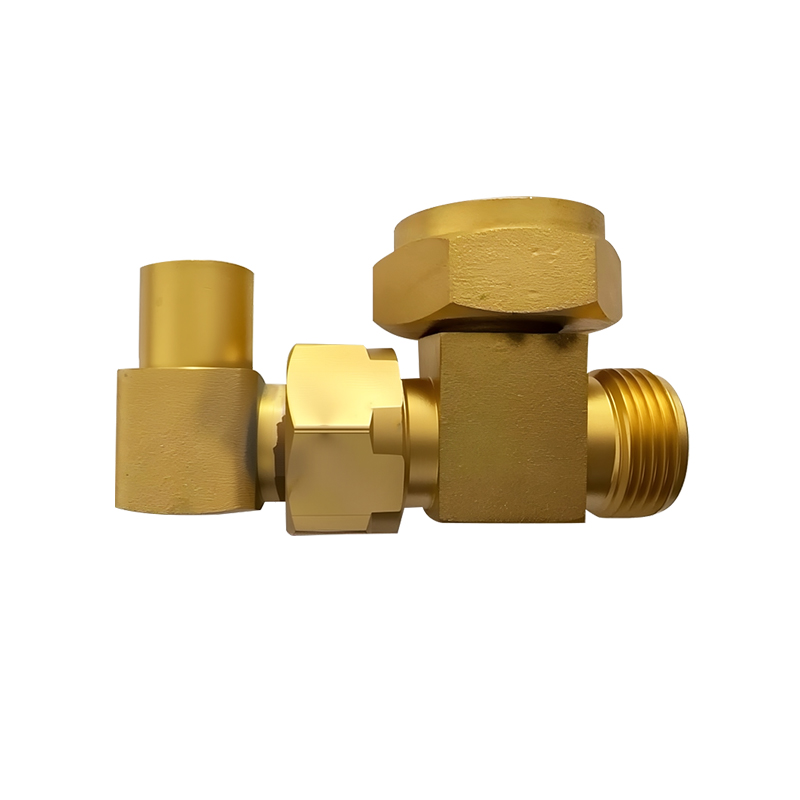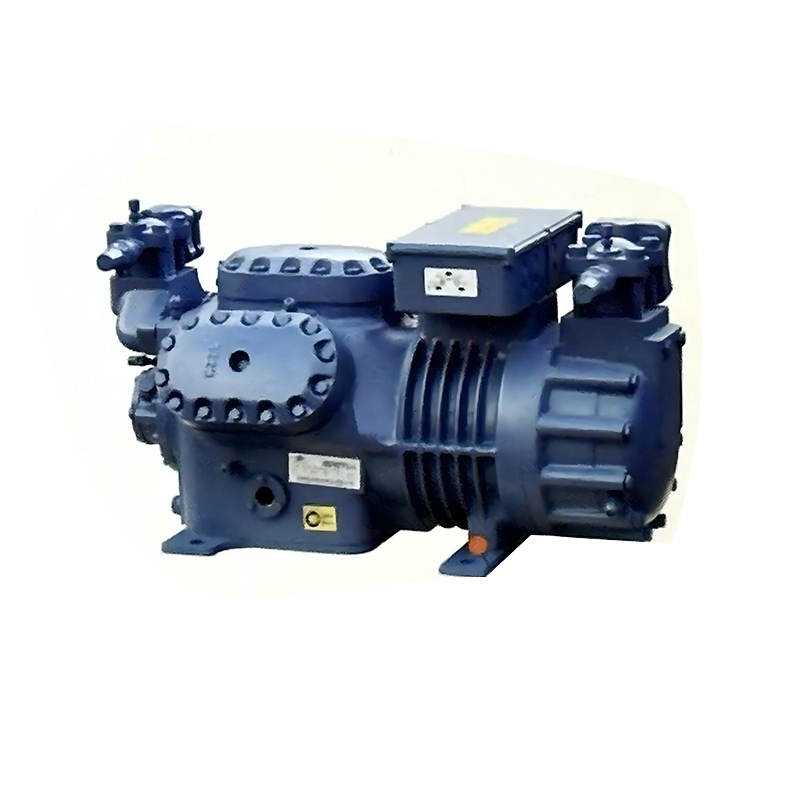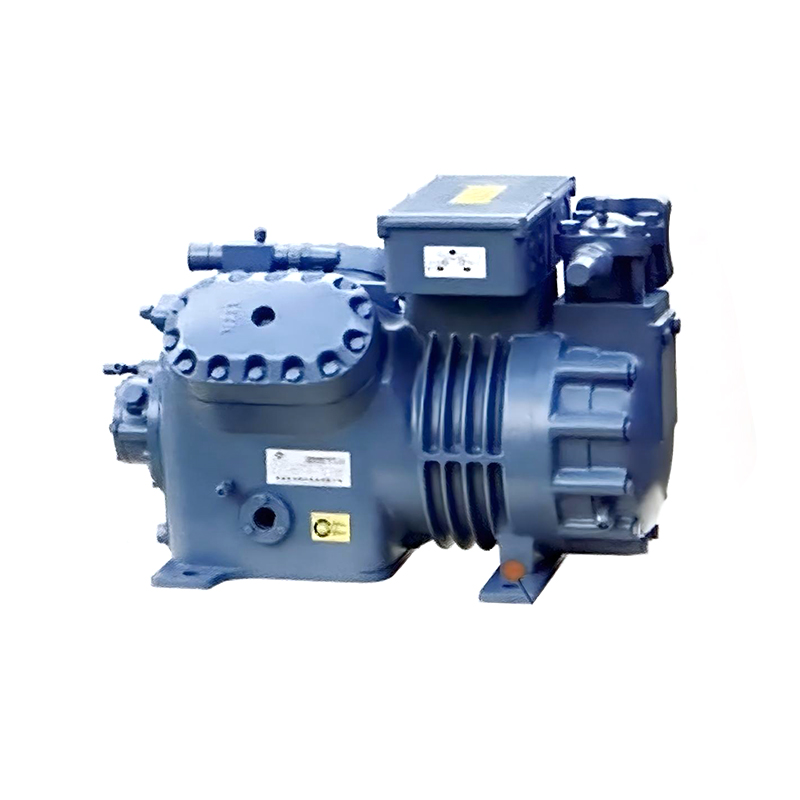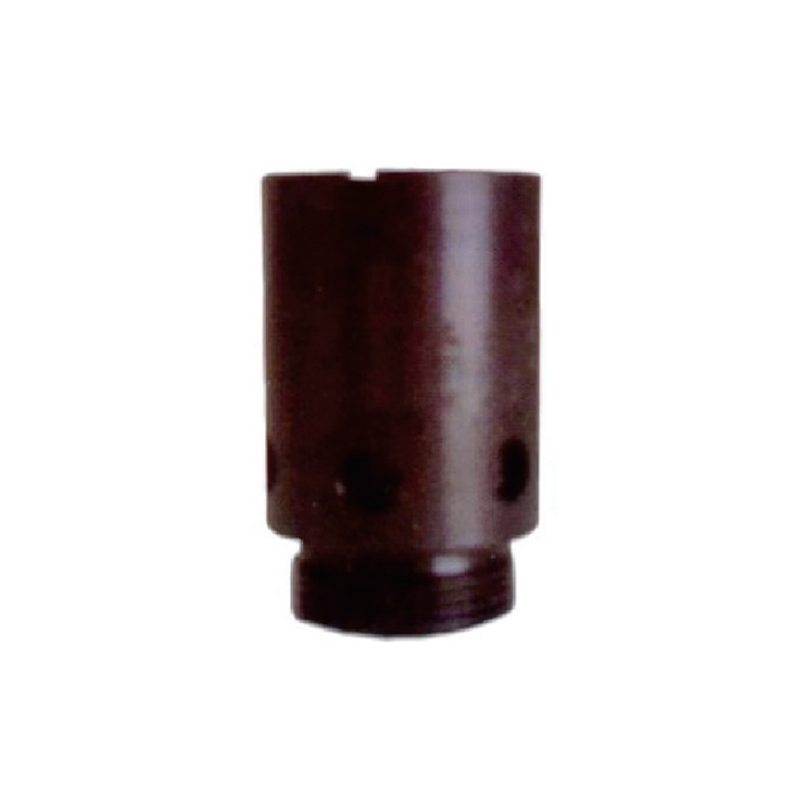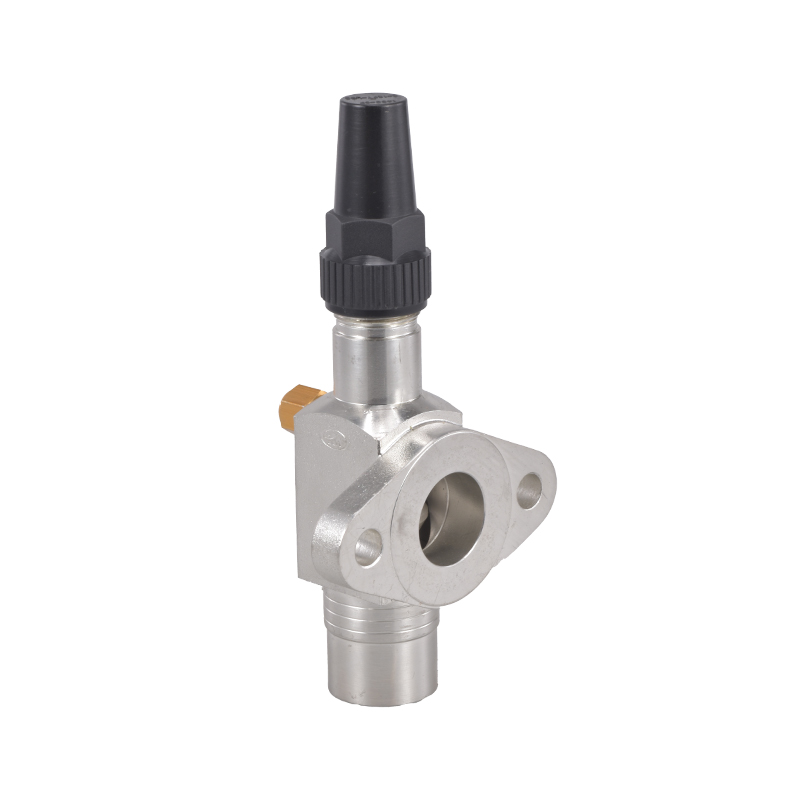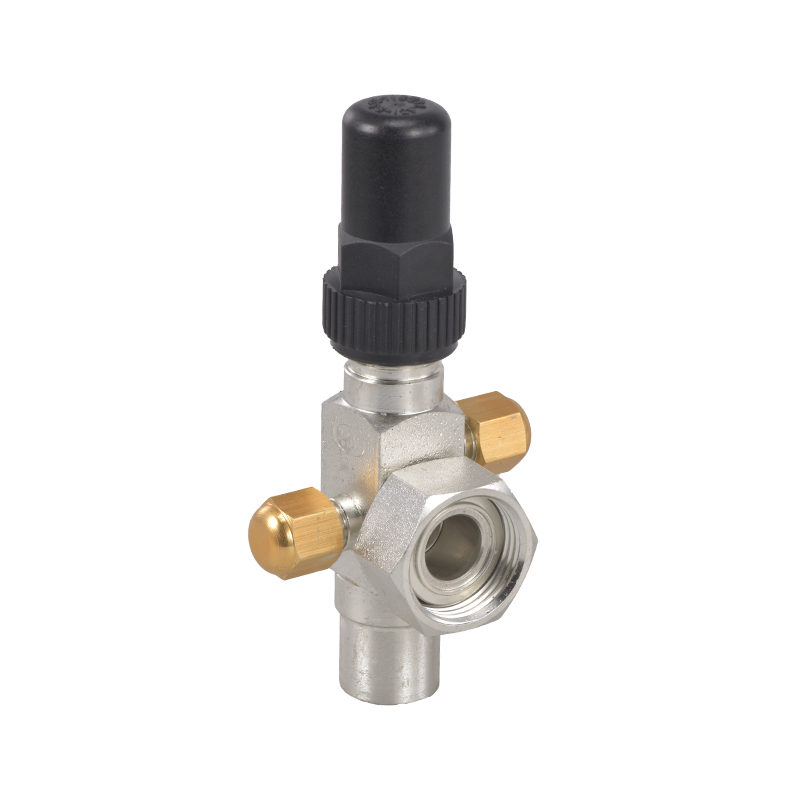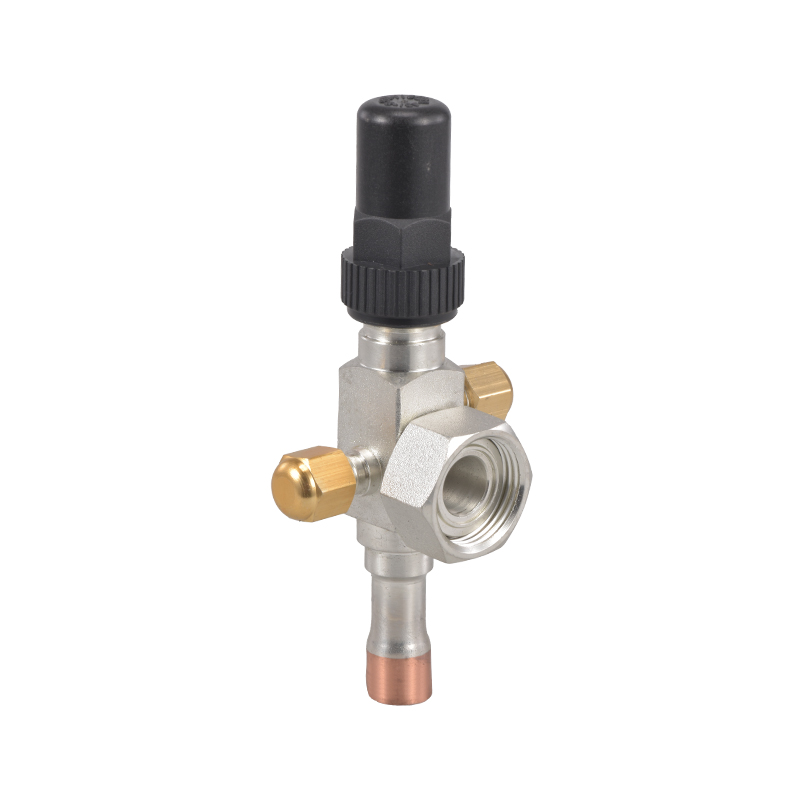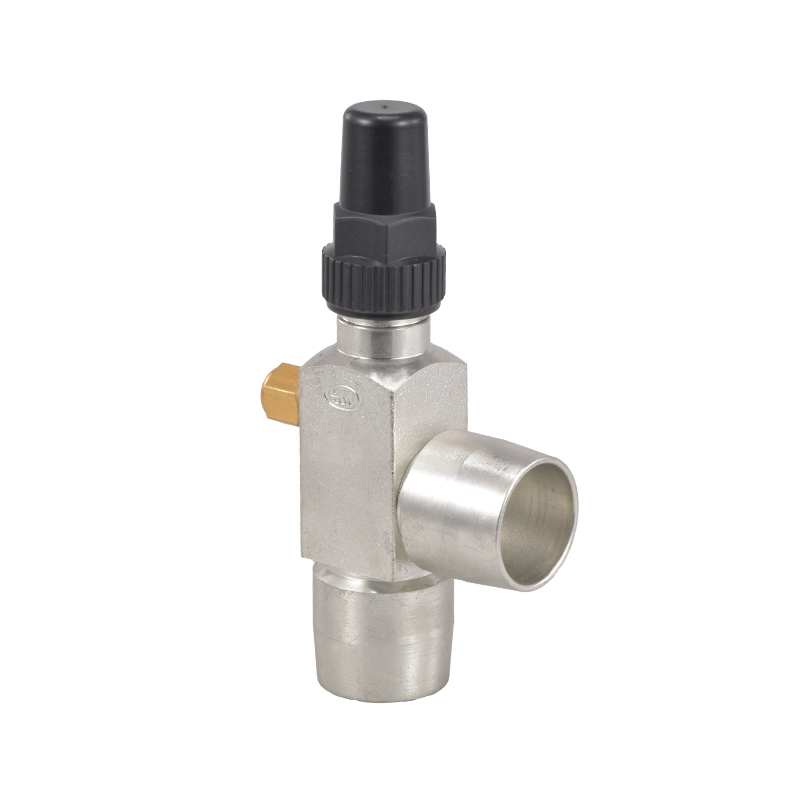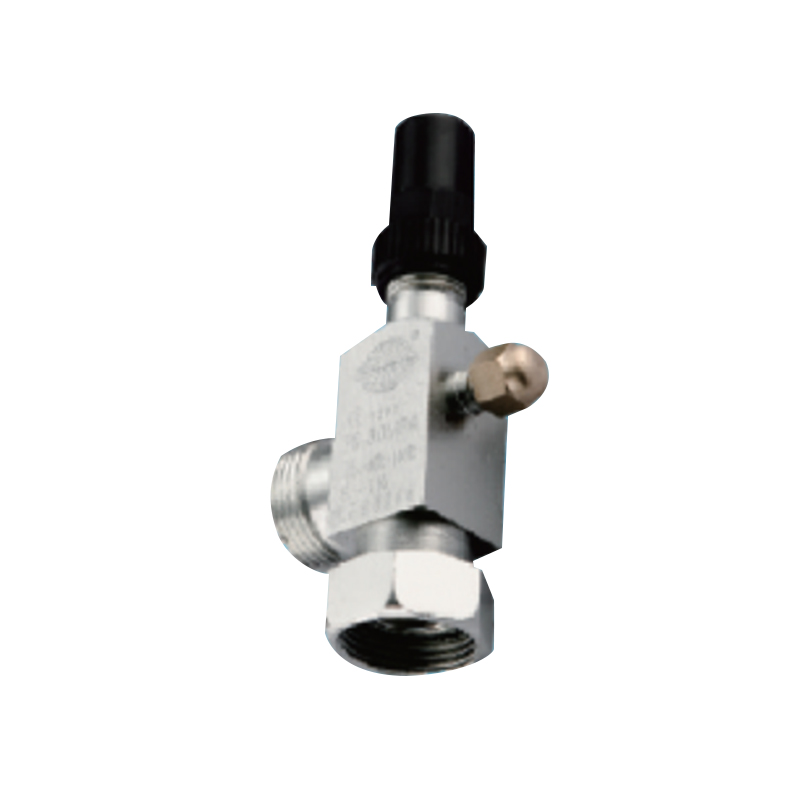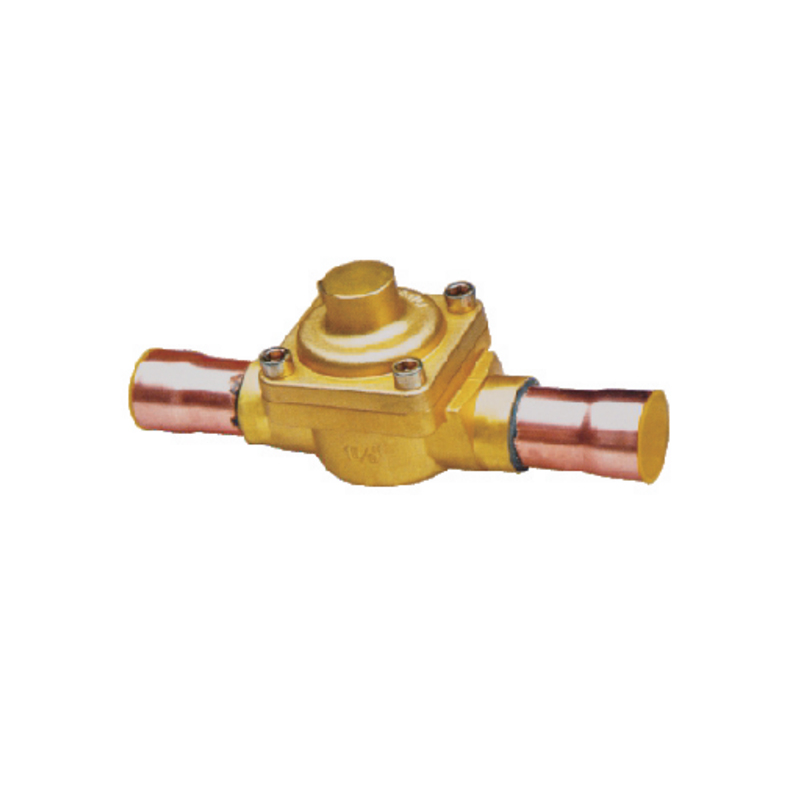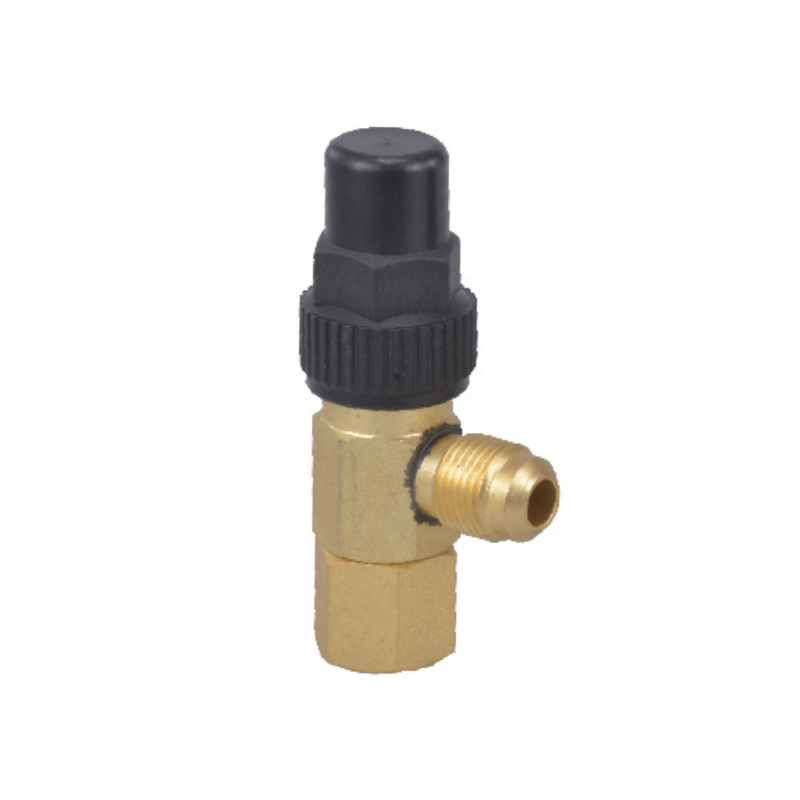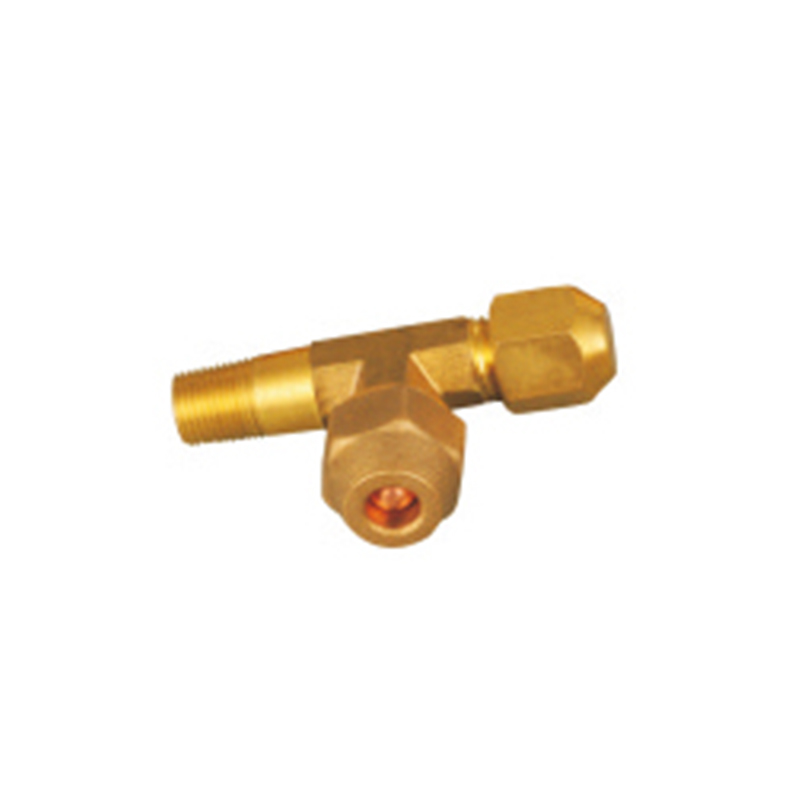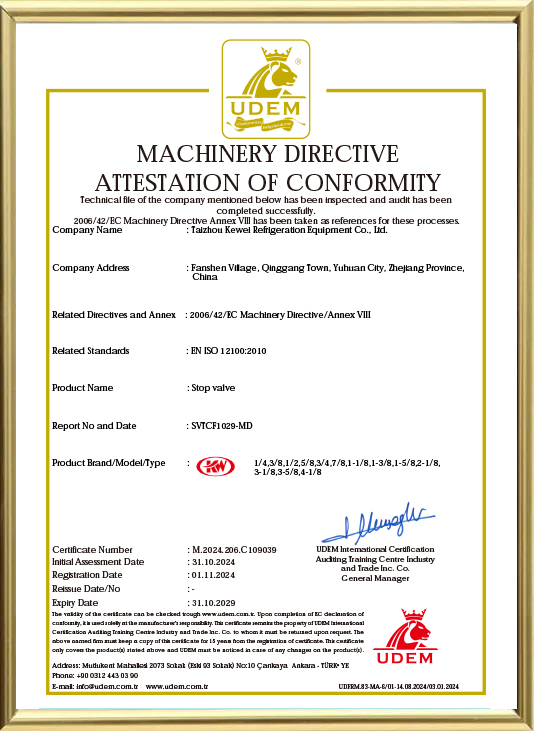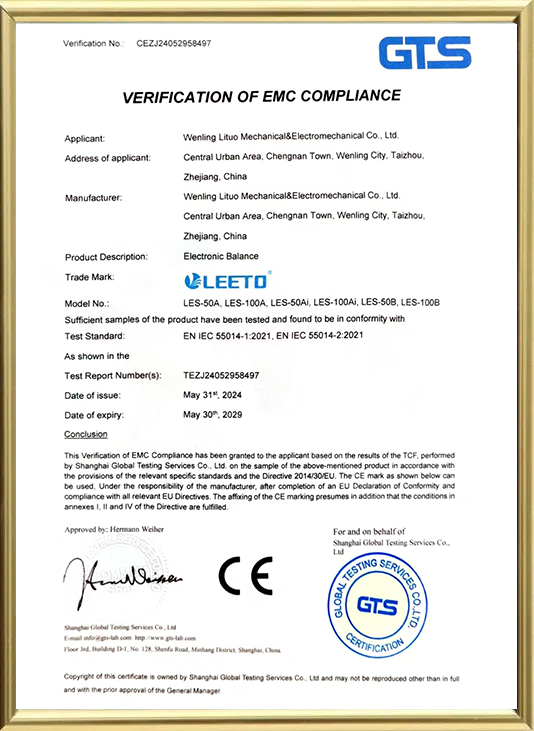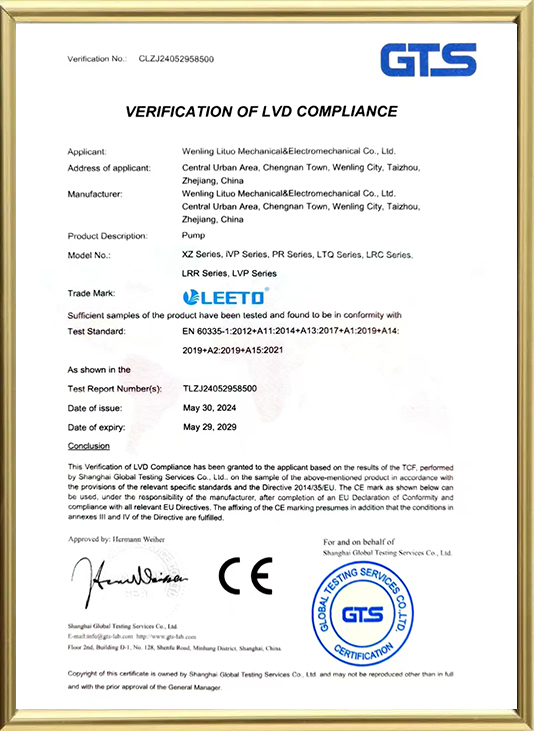Refrigeration systems are essential in various industries, from food preservation to industrial processes. The heart of these systems is the compressor, which is responsible for circulating the refrigerant. However, the high pressures involved in these processes necessitate the use of safety valves to prevent system failure and potential hazards.
1. Pressure Relief: The Primary Function
The primary function of a Refrigeration System Compressor Safety Valve is to provide overpressure protection. These valves are designed to open when the pressure within the system exceeds a predetermined safe level, allowing the excess pressure to be released. This prevents damage to the compressor and other components, ensuring the longevity and reliability of the entire refrigeration system.
2. Precision Engineering: Reliable Operation
Refrigeration System Compressor Safety Valve is precision-engineered to open and close reliably. The valve's design includes a tight seal to prevent refrigerant leakage when the valve is closed, and a reliable mechanism to open at the correct pressure. This precision engineering ensures that the valve will only open when necessary, preventing unnecessary loss of refrigerant and maintaining system efficiency.
3. Easy Maintenance and Service
One of the selling points of Refrigeration System Compressor Safety Valve is their ease of maintenance. Many models are designed for easy access and service, allowing for quick inspections and replacements if necessary. This reduces downtime and maintenance costs, which is particularly important in industries where refrigeration systems are critical to operations.
4. Environmental Considerations: Reducing Emissions
Modern safety valves are designed with environmental considerations in mind. By preventing overpressure and potential leaks, these valves help to reduce the release of refrigerants into the atmosphere, which can have a significant impact on reducing greenhouse gas emissions and protecting the environment.
5. Enhanced System Performance and Efficiency
By ensuring that the pressure within the system remains within safe limits, safety valves contribute to the overall performance and efficiency of the refrigeration system. They help to prevent energy-wasting pressure fluctuations and can even extend the life of the compressor by reducing the stress on its components.
6. Peace of Mind for Operators
For operators of refrigeration systems, the presence of a reliable compressor safety valve provides peace of mind. Knowing that the system is protected from overpressure and potential catastrophic failure allows operators to focus on their core tasks without constant concern for system safety.
7. Cost-Effectiveness: Long-Term Savings
While the initial cost of a high-quality safety valve may seem significant, the long-term savings in terms of reduced maintenance, increased system longevity, and decreased energy consumption make these valves a cost-effective investment. They help to prevent costly repairs and downtime, which can far outweigh the initial expense.
In conclusion, the advantages and selling points of Refrigeration System Compressor Safety Valve is numerous. They are essential for maintaining the safety, efficiency, and longevity of refrigeration systems. By choosing a high-quality safety valve, operators can ensure that their systems are protected from overpressure, reducing the risk of failure and the associated costs. These valves are a critical investment for any refrigeration system, providing a safeguard that is both reliable and essential in today's demanding industrial and commercial environments.




 English
English русский
русский Deutsch
Deutsch
